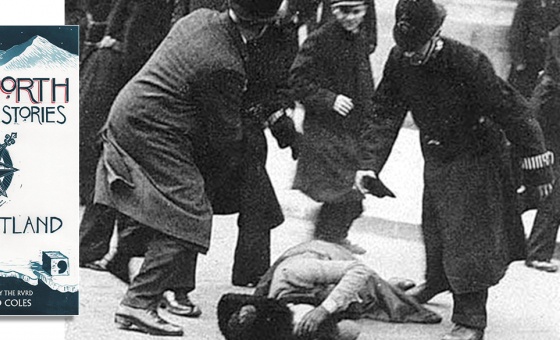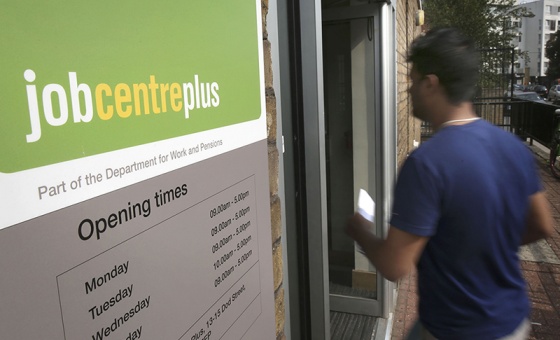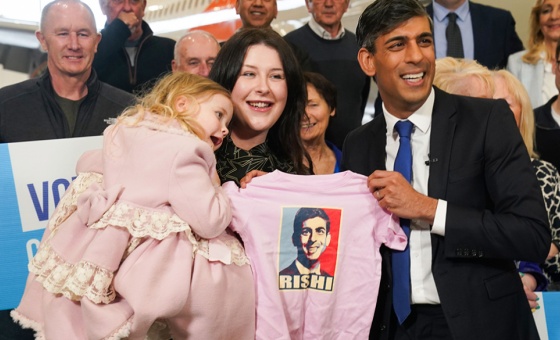This is the last article you can read this month
You can read more article this month
You can read more articles this month
Sorry your limit is up for this month
Reset on:
Please help support the Morning Star by subscribing here
BLACK and minority ethnic (BME) women are twice as likely to be on zero-hours contracts as white men, new TUC analysis due to be released today shows.
Nearly 6 per cent of BME women in work are on the contracts compared to 2.7 per cent of white men in work, the union body’s analysis of the 2023 Labour Force Survey has revealed.
Overall, BME workers are significantly over-represented on zero-hours contracts compared with white workers – 5.4 per cent of BME workers are on zero-hours contracts compared with 3.2 per cent of white workers.
BME women are the most disproportionately affected group, followed by 4.9 per cent of BME men.
White women are also significantly more likely than white men to be on zero-hours contracts at 3.7 per cent.
The analysis comes as the TUC holds its Black Workers Conference, where TUC unions will convene to discuss key issues facing BME workers including insecure work.
The disproportionate number of BME workers on zero-hours contracts is a “prime example” of structural racism in action, the union body said.
TUC general secretary Paul Nowak said: “Zero-hours contracts are a nightmare for workers and a dream for bad bosses.
“They hand almost total control over hours and earning power to managers – making it nearly impossible for workers to plan their budgets and their wider lives.
“These are some of the worst contracts around.”
Mr Novak said Labour’s promise of a new deal for workers is “how you start to tackle the structural racism that is holding BME workers back.”
Black Activists Rising Against Cuts (Barac) co-founder and national chairwoman Zita Holbourne called the results unacceptable, highlighting how black women face “double discrimination” in the labour market which greatly reduces their chances of secure, full-time or permanent work.
“[It leaves] them with no choice but to take whatever work is available in order to survive — at the hands of unscrupulous employers,” she told the Star.
Black women often have to take on more than one job, and the uncertainty of guaranteed work means their families can face severe hardship, Ms Holbourne said.
“It makes it impossible to plan for the future and working in this way impacts [their] mental health,” she said.
“Zero-hours work should be banned and the racism and sexism which exists in the labour market must be tackled as an urgent priority.”












